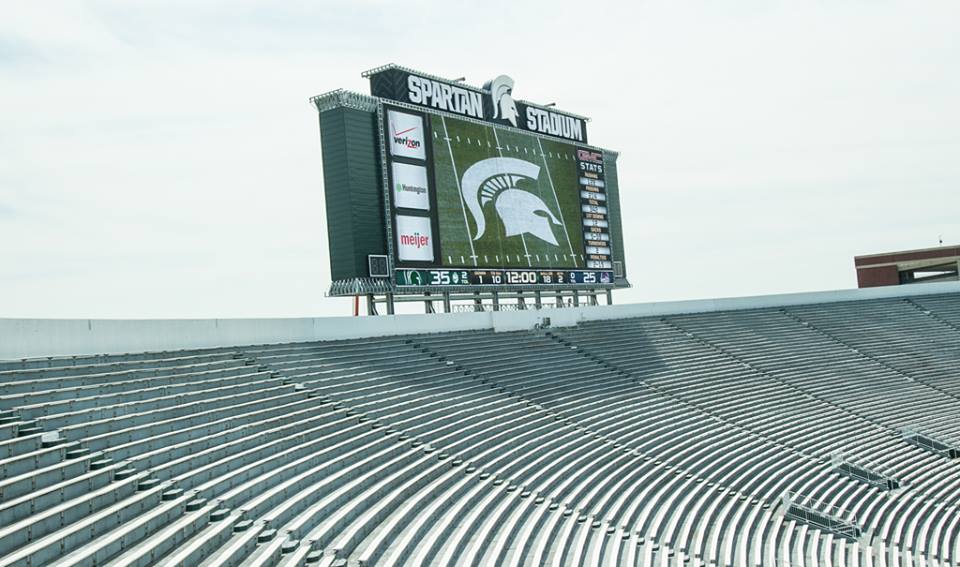UNITED STATES—It’s a debate that has been brewing for decades. Should collegiate athletes be compensated by universities for playing sports? It’s a decisive argument where some say, NO, while others say YES. Some would say with a student receiving a scholarship, that heavily compensates their services, while others would say the mere thousands paid out for the scholarship is nothing comparable to the millions or billions of dollars the school generates in revenue from the sport.
For starters, when it comes to basketball, it’s widely popular for college athletes with stellar years to consider leaving school to play professionally, as it’s a once in a life-time opportunity. The decision is even easier for those who are well aware that the potential to be drafted is high in the ranks, look at University of Michigan star Trey Burke, who had so many wondering will he or won’t he. In the end, the athlete made the decision to go pro, one that was perhaps in his best decision. If he had stayed at the university, there is no guarantee he’s draft potential would be as high in 2014, as it was in 2013.
I am speaking as someone who worked with student athletes at a major university as a tutor. There are some sports that place the athletes in a situation where they are always in work mode. They really never get a break and when they do, it’s not really considered a break to some. The money that is comes from scholarships handed out by the university is distinctly for paying for school, after tuition is paid for there is little income left for personal items or spending. Be warned, it’s not as simple as telling the athlete to go out and get a job, for most of them that is nearly impossible as their schedules will not permit it. So they are forced to rely on friends and family to assist.
Things become difficult, if the athlete doesn’t has the financially stability from family members, as many would expect to step to the plate. In today’s economy, it’s tough to survive being single. Not imagine having to attempt to pay for your child’s education and support your family at the same time. Not an easy thing to do. By having this discussion we open the floodgates to issues regarding who should get paid what, why and how? Yeah, it’s a discussion that is bound to create many headaches, but let’s bring the attention back to the student-athlete. Is it fair for a university to make millions, I millions of dollars off of athletes, but not compensate them for the service that is being provided?
Absolutely not, yes, you’re paying for my education, but in most cases, many athletes don’t see careers beyond the professional light, and more importantly some rarely utilize the degree that has been obtained to further a specific goal they have in mind. Most athletes want to make it to the next level, and for more than 75 percent it never happens. So what are they to do? In my opinion, providing some sort of compensation gives the student-athlete the opportunity to build an income while in school. Money that can be used for purchasing a vehicle, leasing an apartment, purchasing a home, helping family in financial situations or an investment in business later down the line.
The problem with the compensation issue is what we do, with the athletes who choose to spend the money frivolously without any regard to what they’re doing. A bigger issue could arise from certain athletes making more money than others, which could create a division in the team and lead to bigger problems for the sports teams. I guess this is a discussion where there is no winning situation. Damned if you do, damned if you don’t, as it will be impossible to make everyone happy, but at the same time, is it fair for the school to reap all the benefits from the athletes, when some are left out in the cold?
That is the question that has to be addressed, how do we adequately ensure that all are compensated fairly for the ‘job’ that is being performed. Because let’s face it, in the long-run, the student athletes are performing a job, and if they don’t they lose the perk of that job which in this case is a scholarship, but I beg to ask the question, is the scholarship enough.






